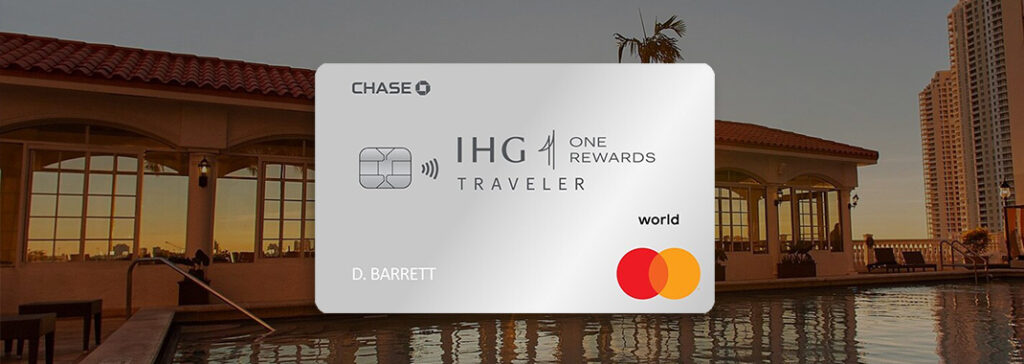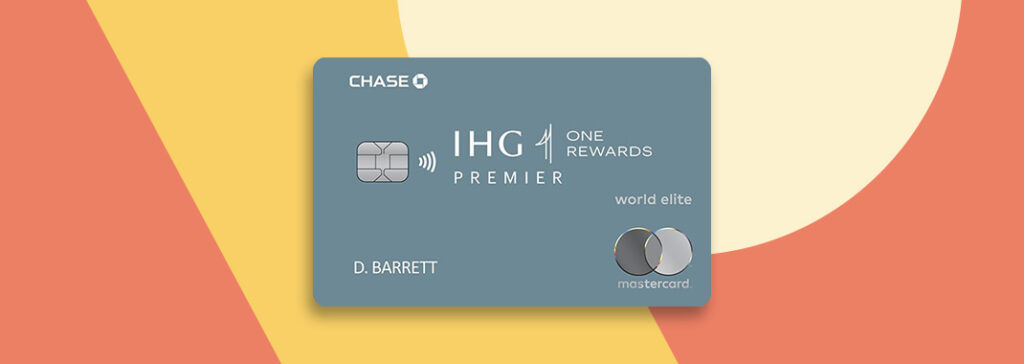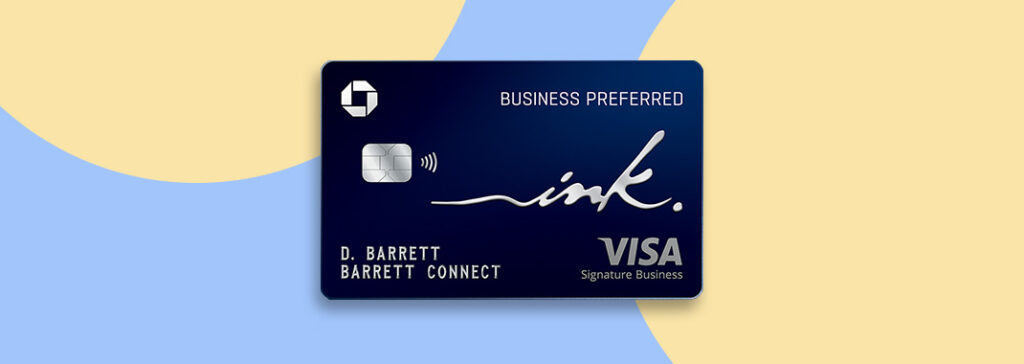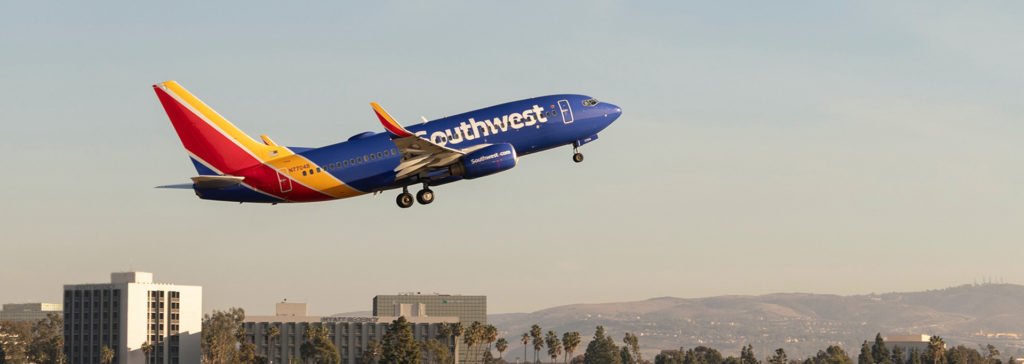Most products on this page are from partners who may compensate us. This may influence which products we write about and where and how they appear on the page. However, opinions expressed here are the author's alone, not those of any bank, credit card issuer, airline or hotel chain. This page may include information about American Express products currently unavailable on Slickdeals. American Express is not a partner of Slickdeals.
I have over a dozen credit cards, and there were times when I had more than two dozen. I’ve collected and redeemed millions of credit card, hotel and airline miles and points, and made a lot of stupid mistakes along the way.
Here are four major mistakes that can be easily avoided:
- Thinking miles and points are more valuable than they are.
- Treating miles and points as if they’re Monopoly money.
- Buying merchandise with points.
- Allowing them to go to waste.
Best Travel Credit Cards
Visit the Marketplace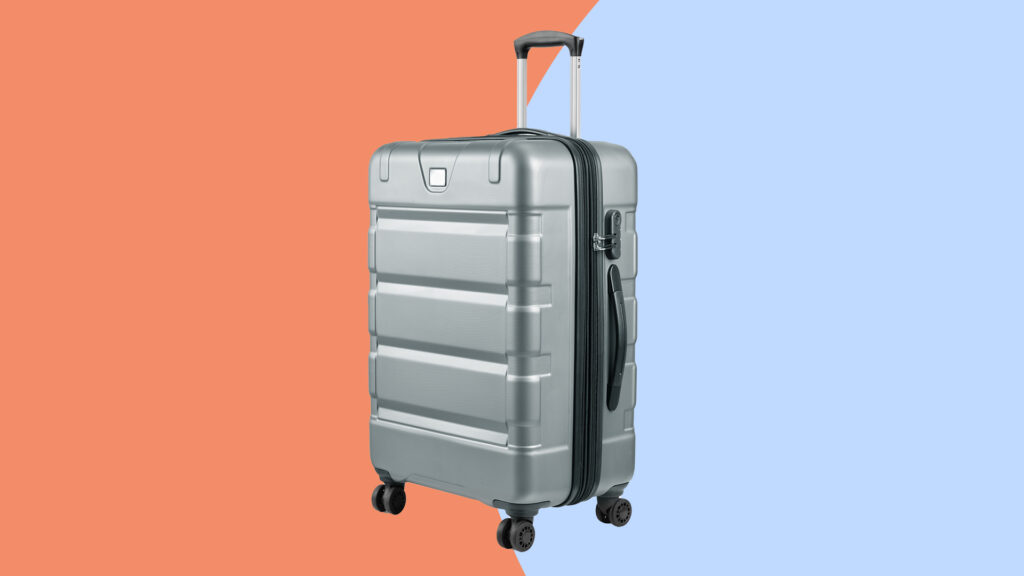
1. Miles and Points Can Be Very Valuable... But Only Up to a Point (Pun Intended)
How often has it happened to you? A slick advertisement. A pitch on a flight. A pop-up on your computer screen. Next thing you know, you have a new credit card in your wallet with tens of thousands of welcome bonus points or miles. Time for the adventure to start.
Well, not so fast.
Yes, you have airline miles. But you may discover there are no flights to your desired destination on the date you want. Or there are, but an airline wants about 10 times more miles than you have for it. Or the airline wants to fly you from New York to Florida via Alaska.
Got hotel points? Good for you. But those points are only if you don’t intend to redeem them during the high season. If you do, then those points lose value—as you now compete with two billion other travelers. Capacity control doesn’t help much either. When there is capacity control, you might not be able to book a ticket, period. When capacity control isn't offered, you can’t book a ticket because it costs 5,000,000 points. Same result.
Airlines and hotels don’t mind using their excess seats and rooms to build your loyalty. But here is the pickle: they don’t want to cannibalize their seats or rooms. If travel providers (or rather their computer algorithms) believe that a seat or a room might sell before you pack your bags, they don’t give them away for free. The main reason why you can’t always redeem miles or points on your own terms is a good economy. The seats and rooms are full. Everyone wants a nonstop flight, which is why airlines tend to sell them for either money or a huge amount of miles.
2. Ok, So Miles and Points Are Like Monopoly Money!
No, they’re not.
When people can’t quickly find what the travel options they want, they'll settle for less. If you buy a $300 plane ticket for 30,000 miles, you redeem your award at a 100:1 ratio (hotel points have various values). This isn't not a good strategy because it lacks value. If you’re ok with a mediocre point-to-flight ratio, why not just use a cash back credit card?
Think about strategy this way: There are 2% cash back cards and even 3% cash back cards (at least for the first year). There are cards with 5% bonus cash categories. Why settle for a 100:1 ratio? You can get a better value with much easier rewards schemes. When you’re dealing with miles and points, you want to redeem your points on outsized rewards. There are tens if not hundreds of thousands of people whose lives have been changed with the miles and points. Well, if not lives, then lifestyles for sure.
You’ve read story after story on the internet about people who jet around the world in First and Business Class and stay in five-star hotels for the cost of taxes. More importantly, miles and points allow you to see the world and make your wildest dreams possible. There are ways to make it work. Just pay cash for cheap airfares and hotels, and redeem points for costly travel. You might have to book well ahead, or sometimes wait until the last minute. And of course, it’s better when you’re flexible.

Should You Book Your Next Trip With Points and Miles or Cash?
3. Avoid Redeeming Points for Merchandise
A quick note about buying merchandise for points: Don't do it. People often treat points as a vehicle for compulsive shopping. The kind of thinking that goes into this is Oh well, these points are useless anyway. But points won’t be useless if you treat them as seriously as you treat real money. In general, be very skeptical when a travel provider tries to sell you anything other than its main product.
4. Don’t Let Your Miles and Points Expire
That happens all the time, even to seasoned travel rewards cardholders. It has happened to me on more than one occasion. And it hurts, not just because we lose something of value, but because we don’t consider ourselves stupid.
And yet, here we are.
Most airline and hotel loyalty programs have expiration dates for their miles and points, but they usually (not always, though) can be extended if you do some kind of activity. This is, by the way, when you might consider buying something with your miles. Whatever you spend will work to extend the date of expiration, even if it’s just 100 points (although you’re unlikely to find something that cheap). Avoiding points expiration is as easy as setting a reminder in your Google Calendar—Hello, use me, don’t lose me.
Bottom Line: What You Need to Know About Redeeming Points and Miles
Miles and points are neither precious nor worthless. You will get a better value out of them if you remember their virtues and limitations. Try to use points for more expensive travel, and cash for cheap tickets and hotel rooms. When something doesn’t work for you, think about what will. Try to be flexible and thorough in your quest to maximize rewards redemptions.
Avoid using points on shopping for things that have nothing to do with the main product of the travel provider. They rarely offer a good value.
Don’t let points expire; extend their expiration date by doing some kind of activity. And finally, whatever you do, read the fine print to avoid disappointments.



